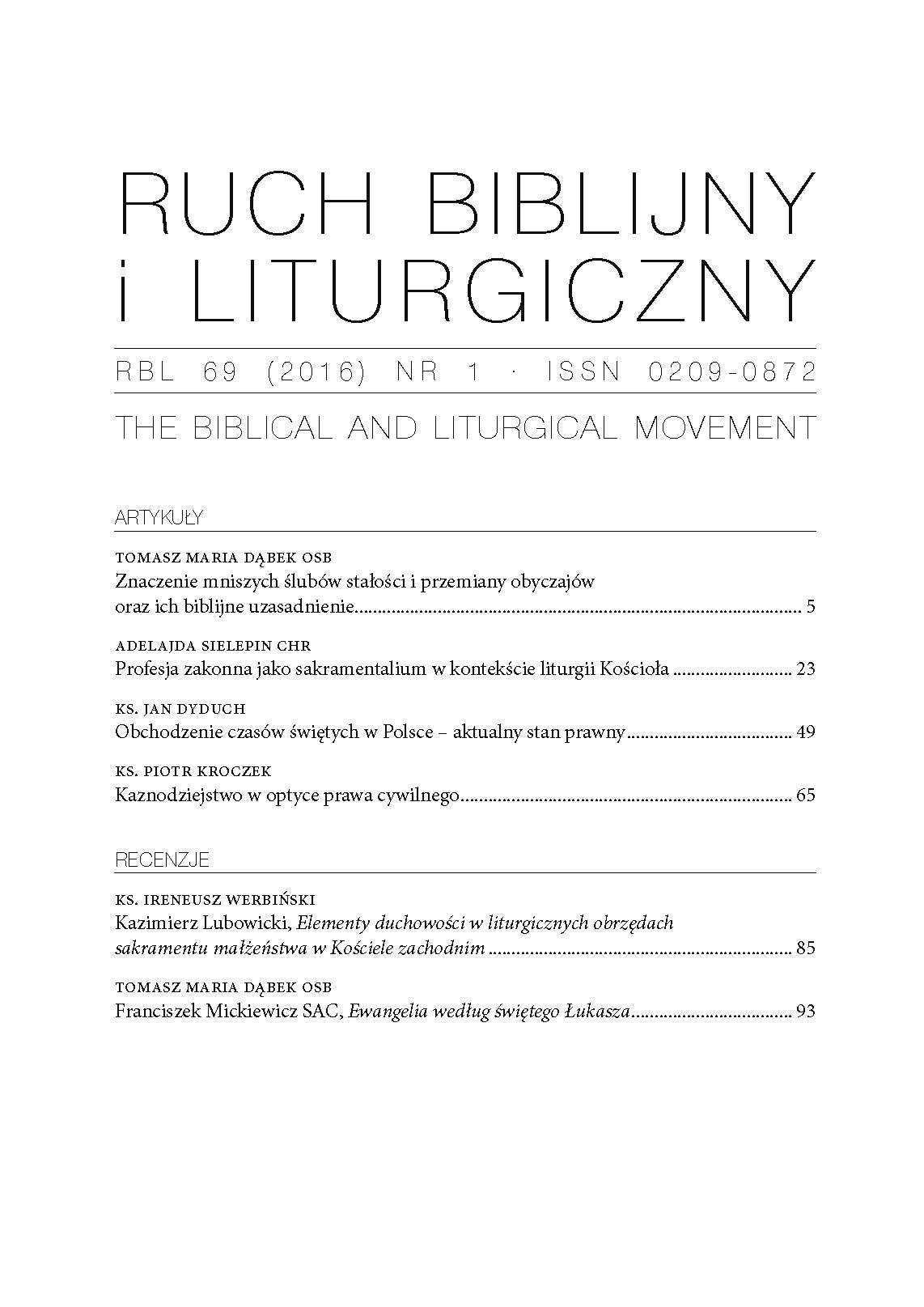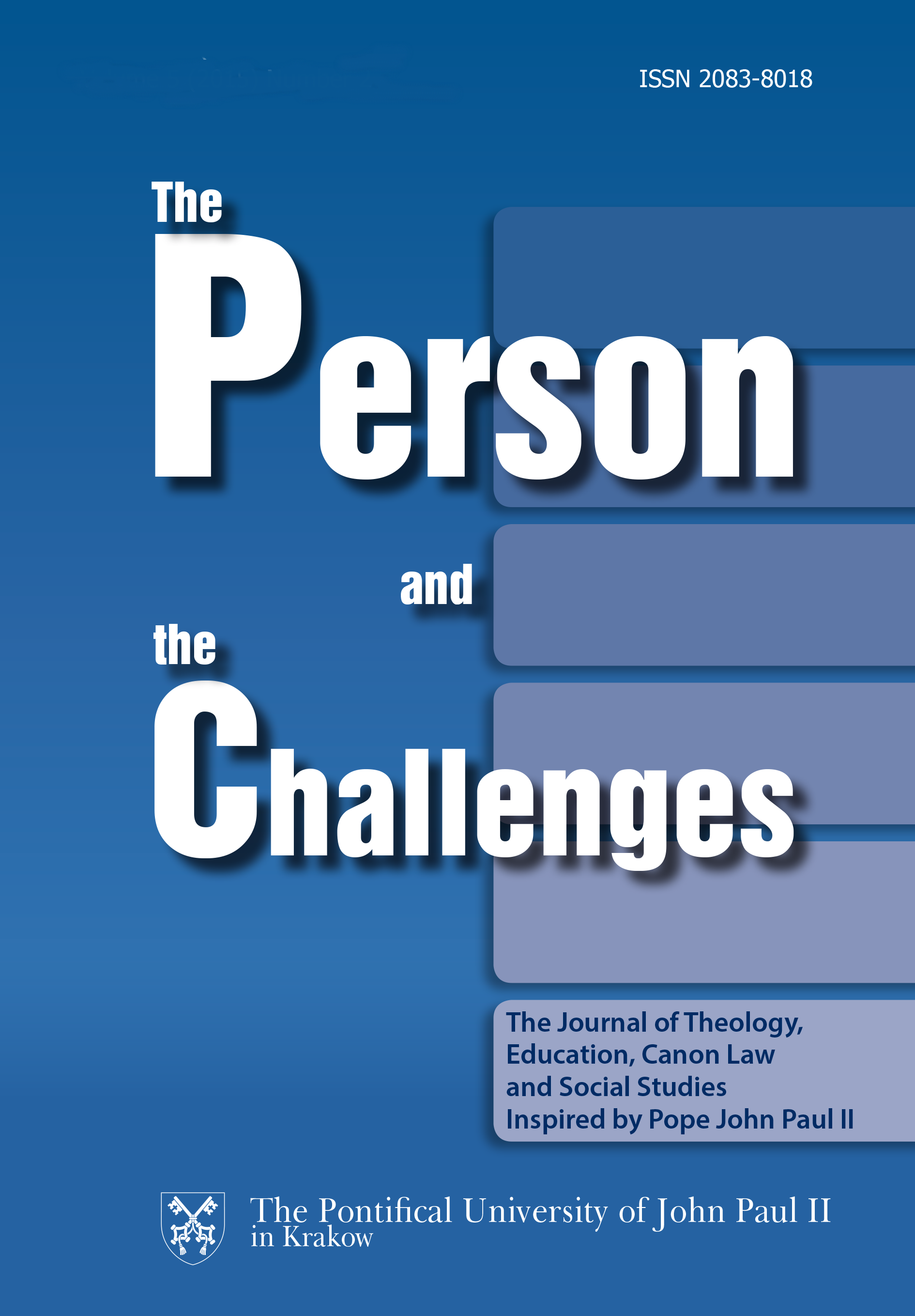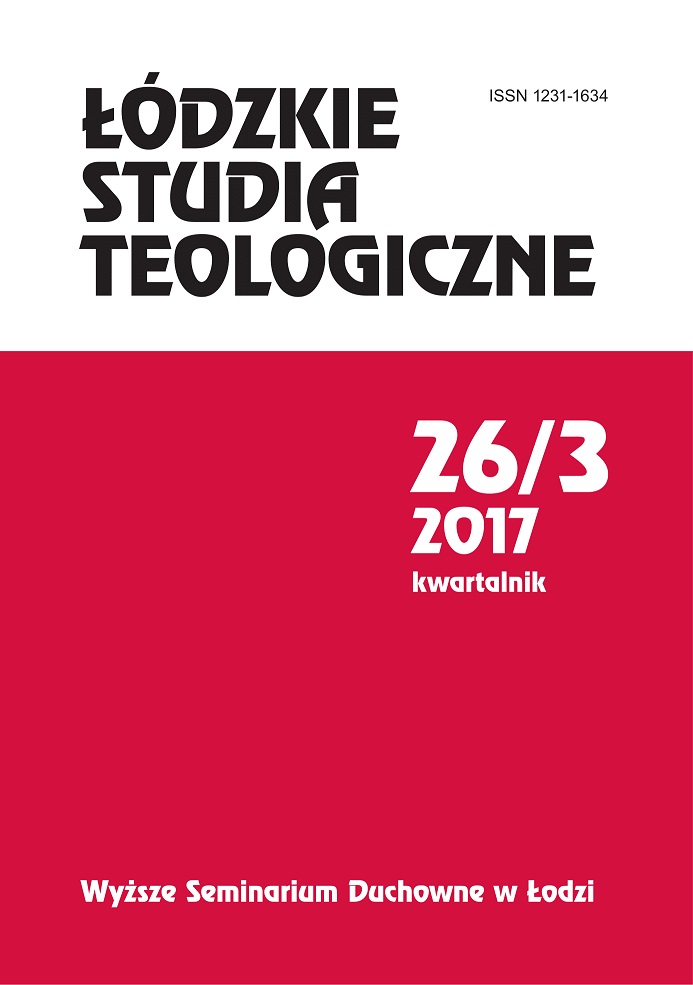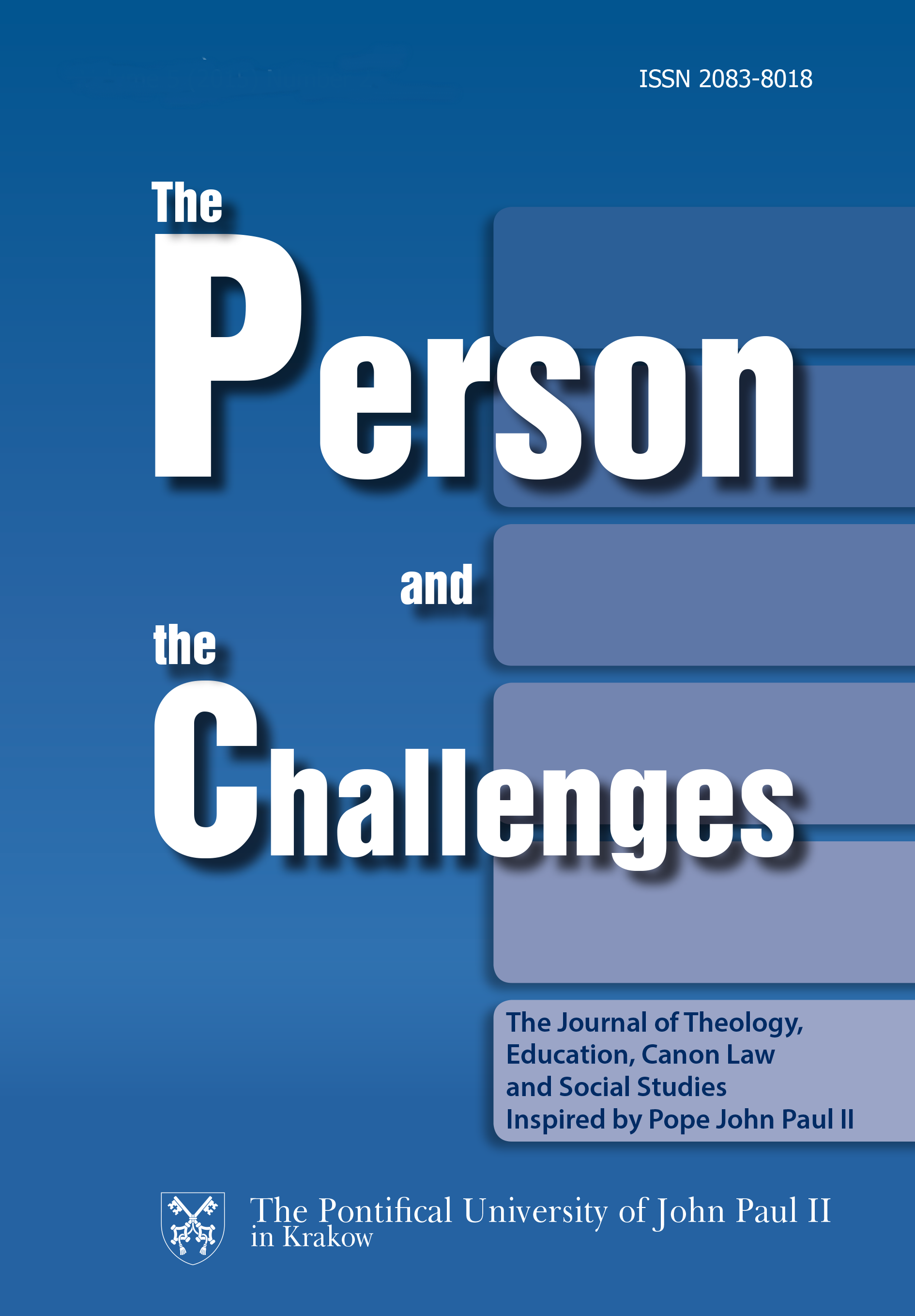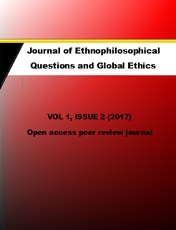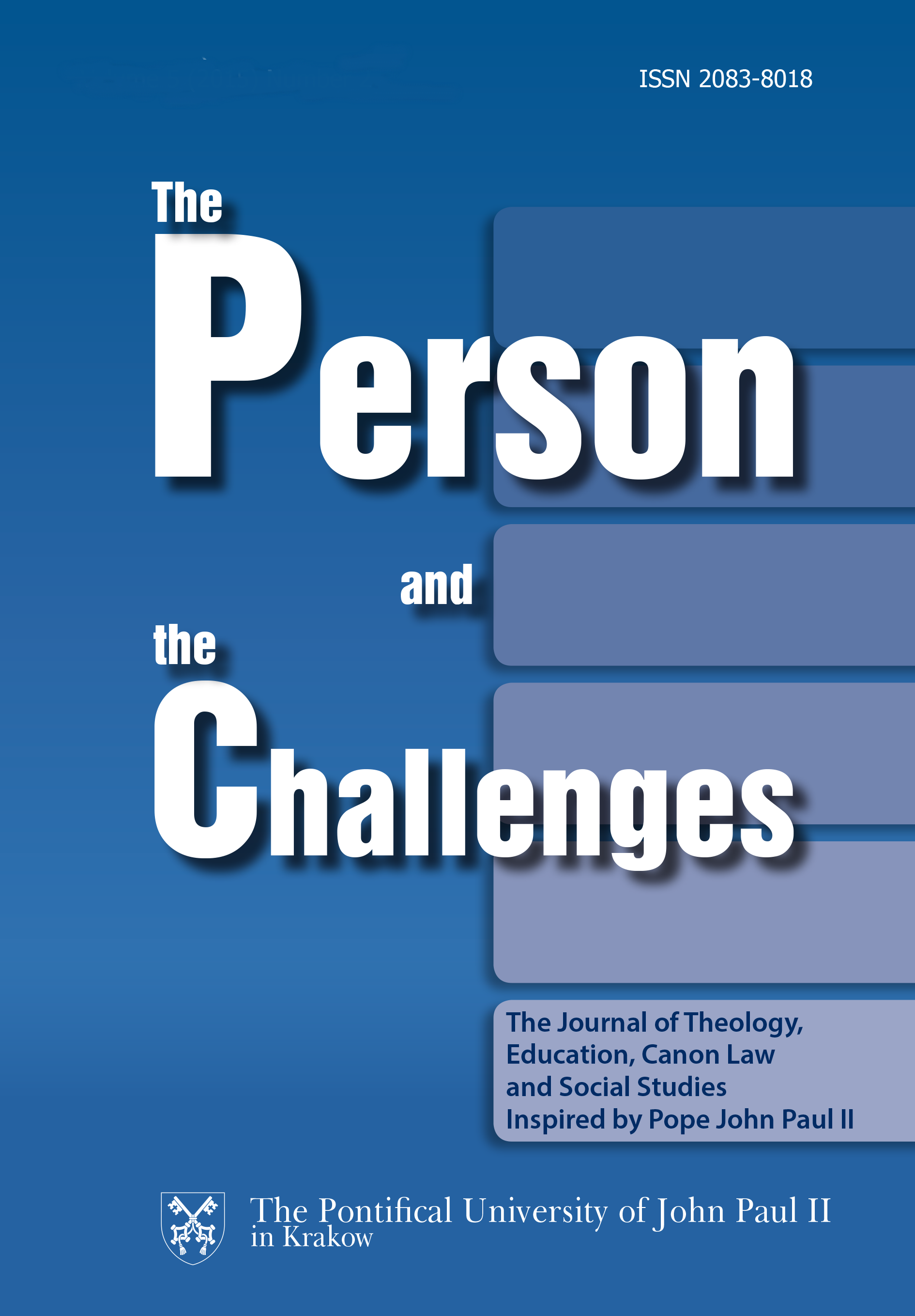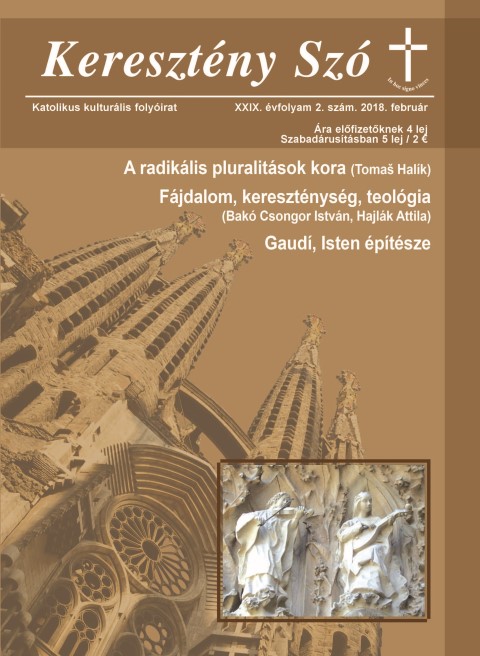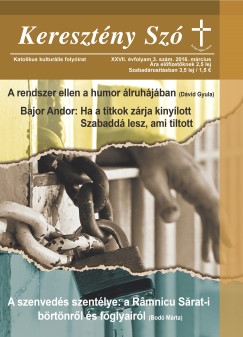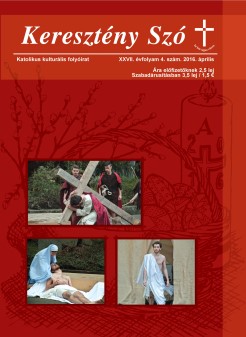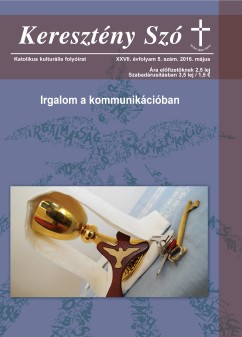Șase decenii de la un binecuvântat eveniment din istoria moaștelor Sfintei Cuvioase Parascheva — generalizarea cultului ei (octombrie 1955 — octombrie
Although the Romanian nation gave birth, over time, to many saints, their first canonization took place in 1950, in the time of Patriarch Justinian Marina (1948-1977). It also degreed the cult generalization of saints whose relics are in our country. Among the saints whose cult was extended a special attention was given to the cult of Saint Pious Paraskeva, „the house chandler of Moldova”, whose holy relics were brought to Iasi in 1641, in time of pious prince Vasile Lupu and holy bishop and scholar Varlaam. The event of Saint Paraskeva’s cult generalization was held on 14 October 1955, in the time of Metropolitan Sebastian Rusan (1950-1956), during the feast celebration. This was attended by Romanian and foreign hierarchs, a lot of priests, monks, nuns and believers. From this liturgical and spiritual event of exceptional importance we celebrate in this year six decades.
More...
